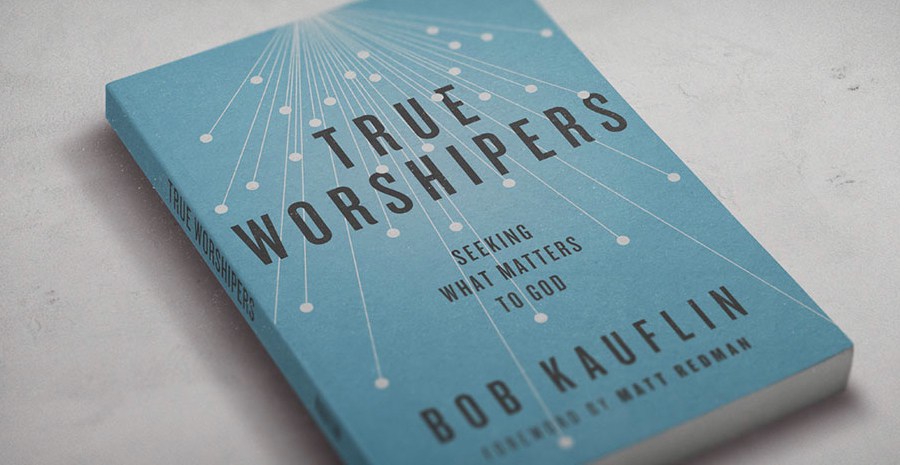I am currently reading a helpful book by Bob Kauflin called True Worshipers. I have employed the title of the seventh chapter as the title for this post. In this particular chapter Kauflin answers some questions that I know occur to church goers; I know this because they have asked me some of these very questions, and I have asked these questions myself. Kauflin is very helpful in his answers and I thought I’d share some of them with you.
What if I can’t sing?
This question hits close to home. Because I can’t. At least, I can’t sing very well. My wife gives me credit for being able to sing two notes. So there’s that.
Kauflin notes several different things people mean when they say “I can’t sing.” First, they actually can’t physically sing; second, they are very poor singers; third, they can’t sing in the ranges that the songs are in; fourth, they do not know the words to the song or speak a different language; fifth and finally, they are tone deaf.
Kauflin responds to the question,
It's significant that God tells us to sing and make "melody to the Lord with your heart" (Eph. 5:19). People hear what we sing with our voices, but God hears what we sing with our hearts. That means the first thing to do is make sure your heart is focused on the mercy God has shown us in Christ. That's what produces a song in the first place. Then focus on the truth of the words you're singing and what they mean for your life. If you can't physically make a sound, be encouraged by listening to those around you sing.
In other words, Kauflin pushes back to those who, in saying they can’t sing, generally mean they can’t sing well; for Kauflin, this is no excuse for not singing. Even those who cannot physically sing are encouraged to participate through listening and reflecting.
I regularly encourage myself to keep singing in spite of the poor quality of the sounds that come out of my mouth. You should do likewise. Later in the chapter Kauflin suggest that those who are tone deaf (or such poor singers that they may distract others) should “restrain yourself just a little. But not completely.”
What if I don’t feel like singing?
Most of us have experienced the scenario Kauflin lays out for the second question: “Sometimes we come in on a Sunday morning and the last thing we want to do is sing. … what then?”
I think Kauflin answers this question wisely. He begins with the reminder that “God gave us singing as a means not only of expressing our emotions but also of speaking to them.” Many times I have encouraged people—as D. M. Lloyd-Jones did—to stop listening to themselves and start preaching to themselves. Our songs of praise to God can have the additional purpose of giving ourselves instruction through song. Even as David’s lyre could direct Saul’s emotions, so to our singing can direct our own emotions. Kauflin accurately declares, “When we also actually sing, we increase the potential effect lyrics can have on our souls.”
Though some might frown upon using songs and singing to impact our emotions, Kauflin indicates that renowned theologian and pastor Jonathan Edwards would push back: “The duty of singing praises to God seems to be given wholly to excite and express religious affections. There is no other reason why we should express ourselves to God in verse rather than in prose and with music, except that these things have a tendency to move our affections.”
This isn’t the pursuit of some spiritual high, but rather engaging in song with God and his truth so that our souls are affected.
As a general rule, it seems that Kauflin advocates that we ought to continue to sing even when we do not feel like it. We should employ godly songs with godly lyrics for the praise of God and the edification of our souls. This is solid advice.
In next week’s post I’ll engage with a few more questions and Kauflin’s answers. But for now, whether you feel you can’t sing, or you don’t feel like singing, I encourage you to sing on!




Leave a Comment